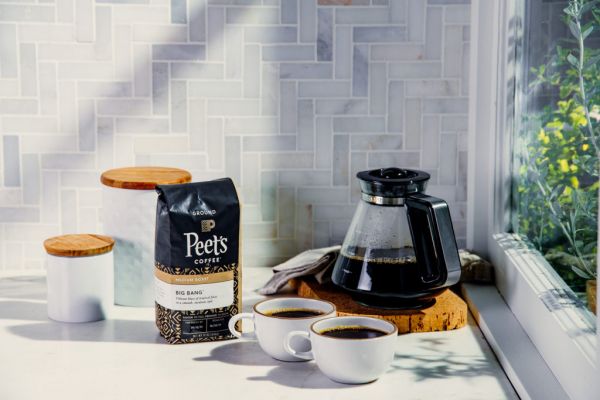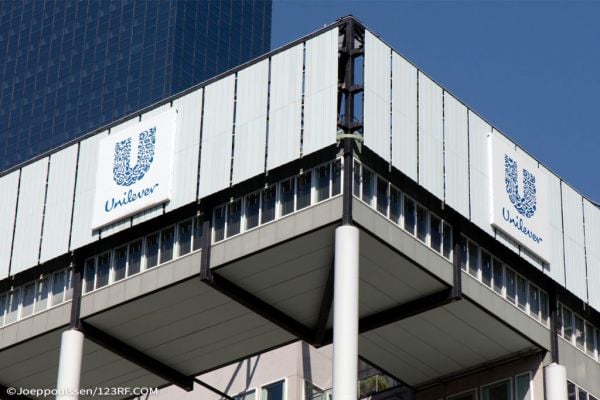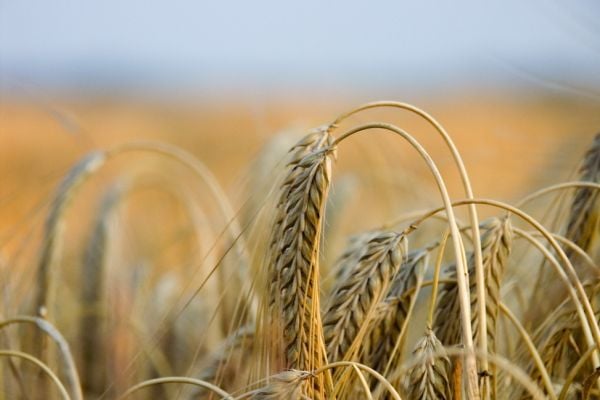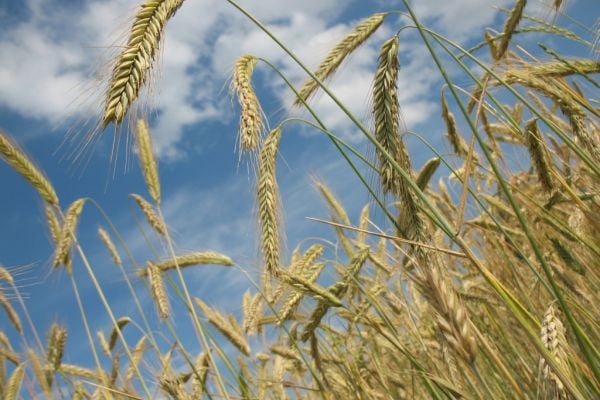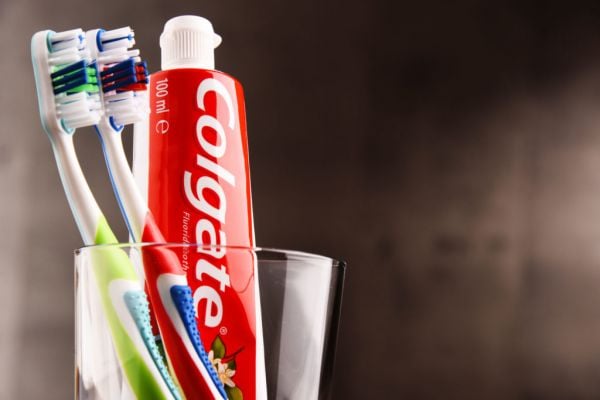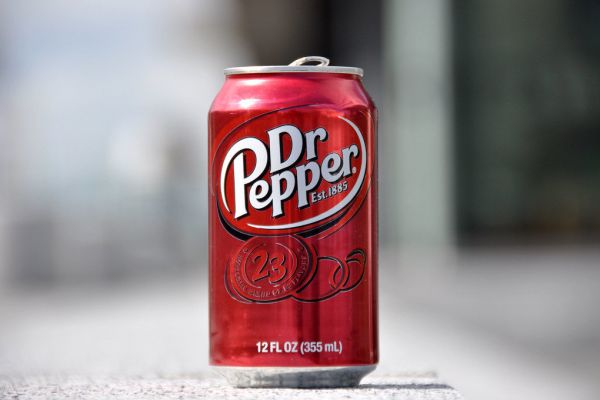JDE Peet's will from the end of the year sell coffee and tea in Russia only under local brands, it said, as it lowered its annual earnings target, saying the business impact was uncertain.
The maker of coffee brands Jacobs, L'Or, Tassimo and Douwe Egberts has remained active in Russia when many other Western companies have left in response to Moscow's invasion of Ukraine.
CEO Fabien Simon said the company would stay.
"We would risk that our assets and intellectual properties would be nationalised by the Russian state or given to third parties in Russia," he said during an investor call.
Moscow last month took control of Danone's Essential Dairy and Plant-based (EDP) subsidiary, for which the group had been seeking a buyer, as well as beer company Carlsberg's stake in a local brewer.
'An Ethical Responsibility'
Simon also said JDE Peet's was staying in Russia because its products were essential and their sale was fully compliant with sanctions.
He said the company had "an ethical responsibility" to its employees around the world, including in Russia, where it employs more than 900 people and has manufacturing units near Saint Petersburg and in Novosibirsk.
JDE Peet's rebranding of its Jacobs coffee brand for the Russian market alone resulted in an impairment of €185 million ($202.80 million) in the first half of the year, the group said, adding that revenue contributions from Russia will be "meaningfully lower" in the second half.
Outlook
It forecast a new range for its full-year organic adjusted earnings before interest and tax (EBIT) of between a low single-digit decline and a low single-digit increase from last year's €1.23 billion.
It had previously guided for low single-digit growth.
The company reported €581 million in adjusted EBIT for the half year, beating analysts' forecasts of €552 million. Sales grew organically 3.5% to €3.99 billion.
Analysts said the switch to local brands was logical.
"The transition to local brands makes sense as they don't want to damage their international brand portfolio profile," Barclays said in a note.
